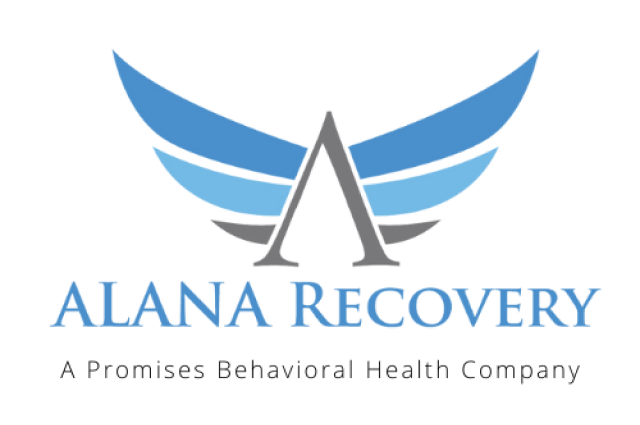 Navigating the path to recovery is a profound journey that requires support, understanding, and a nurturing environment. As individuals move from intensive outpatient program (IOP) to outpatient program (OP), ALANA Recovery offers a unique transition phase for strengthening bonds and providing ongoing support. Our program is rooted in compassion, connection, and community, ensuring that clients continue to thrive in their newfound sobriety. To learn more about our addiction treatment programs, call us today at 770.759.7474.
Navigating the path to recovery is a profound journey that requires support, understanding, and a nurturing environment. As individuals move from intensive outpatient program (IOP) to outpatient program (OP), ALANA Recovery offers a unique transition phase for strengthening bonds and providing ongoing support. Our program is rooted in compassion, connection, and community, ensuring that clients continue to thrive in their newfound sobriety. To learn more about our addiction treatment programs, call us today at 770.759.7474.
Strengthening Bonds After IOP
The shift from IOP to OP is a significant milestone in the recovery journey. It represents a move from intensive treatment to a more autonomous phase where individuals begin to implement the skills and strategies they have learned.
ALANA Recovery’s OP can support this transition. It encourages clients to deepen their relationships with peers and foster a sense of community that can sustain them in their recovery.
Understanding the Role of Licensed Therapists
At ALANA Recovery, our outpatient program is supervised by licensed therapists who play a crucial role in supporting each client. These therapists provide additional guidance as clients navigate the challenges and celebrate the triumphs encountered during this phase.
With expertise in various topics relevant to addiction recovery, our therapists offer education and clinical interventions tailored to each individual’s needs. As a result, they receive the support necessary for lasting change.
Embracing the Benefits of OP
Our outpatient program is ideal for those at the beginning of their journey to sobriety. Recognizing the impacts of substance abuse on oneself and others is a vital first step, and our OP provides a supportive environment to take those initial strides toward recovery.
Through a combination of individual and group therapy sessions, clients have access to a range of tools and resources to help them heal and maintain a healthier lifestyle. This program offers the freedom to apply these tools while still receiving professional support.
Understanding the Differences Between OP and IOP
While both OP and IOP offer valuable resources for recovery, the key differences lie in the level of support and accountability provided:
- OP typically involves daily or weekly meetings with a therapist or counselor, as well as group therapy sessions. IOP may involve similar components but at a higher intensity and frequency, often meeting for several hours multiple times weekly.
- The additional structure and support provided by IOP can be beneficial for those struggling with severe mental health issues or addiction. It may also be a better fit for individuals who have completed OP but still need extra support before transitioning back to their daily routines.
- On the other hand, OP may be more suitable for those with less intensive treatment needs, such as individuals managing mild depression or anxiety.
- Ultimately, the decision between OP and IOP should take into account an individual’s specific needs and circumstances. A therapist or healthcare provider can help determine which level of care is most appropriate.
In either program, the first step is usually a mental health professional’s assessment to determine the appropriate level of care. From there, treatment plans are tailored to each individual’s specific needs and goals. One thing to remember is that recovery is not a linear process. It’s common for individuals to experience setbacks or challenges along the way. In fact, that’s perfectly normal. What’s important is having a strong support system in place to help navigate those moments.
Get the Help You Need Today from ALANA Recovery
At ALANA Recovery, we believe in the power of compassion, connection, and community to transform lives. Our outpatient program provides hope and support for those seeking to maintain their sobriety and build a fulfilling, substance-free life.
If you or a loved one are ready to take the next step in recovery, we are here to guide you every step of the way. Call us today at 770.759.7474 or use our online contact form. Let us help you find the path to healing and a brighter future.
